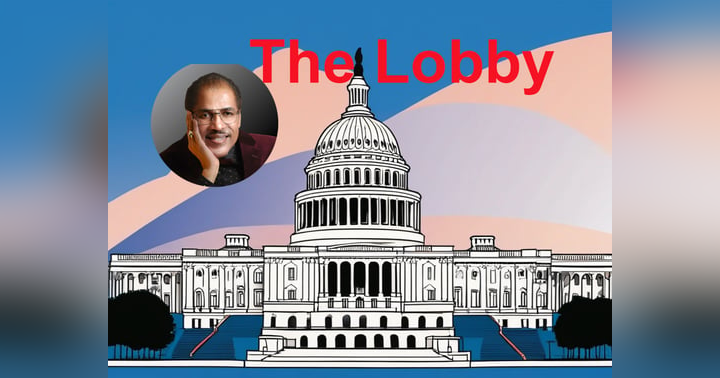Iran 1953

In 1953, the United States, with the help of the British government, orchestrated a coup to overthrow the democratically elected Prime Minister of Iran, Mohammad Mossadegh. The main motivation behind this intervention was to protect Western interests in Iran's oil industry, which Mossadegh had nationalized. The US feared that Mossadegh's nationalist policies could pave the way for communism in Iran and threaten its strategic position in the Middle East.
As a result of the coup, the Shah, Mohammad Reza Pahlavi, was installed as a dictator, with the US providing crucial support for his regime. The Shah's authoritarian rule led to widespread human rights abuses, political repression, and economic inequality in Iran. The US continued to support the Shah's regime, turning a blind eye to his brutal tactics in order to maintain stability in the region.
However, the consequences of the US intervention in Iran were far-reaching. The Iranian people grew increasingly resentful of the Shah's oppressive regime and US interference in their affairs. This culminated in the 1979 Iranian Revolution, which overthrew the Shah and established an Islamic republic under Ayatollah Khomeini.
The long-term effects of the US-backed coup in Iran have had lasting implications for US-Iran relations. The events of 1953 continue to fuel mistrust and animosity between the two nations, with many Iranians viewing the US as a meddler in their country's sovereignty. The fallout from the coup has also contributed to the anti-American sentiment that persists in Iran to this day.
In conclusion, the US intervention in Iran in 1953 serves as a cautionary tale of the unintended consequences of foreign interference in another country's political affairs. The decision to overthrow a democratically elected government and support a brutal dictator has had lasting repercussions for both the Iranian people and US-Iran relations, underscoring the complex and often damaging effects of interventionism in the Middle East and beyond.



